A Breakthrough from Bing – Filtering URL Keyword Stuffing
October 19, 2014

A few days ago, Bing, one of the most popular search engines announced that they have come up with a specific type of spam filtering technique couple of months back.
The main target of this mechanism is a common SEO technique called “KWS or URL Keyword Stuffing”. The latter is basically listed as a ‘black hat’ search engine optimization technique. It is specifically designed to trick the search engines so that they give higher ranks to the pages than they deserve.
URL Keyword Stuffing depends on two main factors that the perpetrators tend to assume in regard to search engine ranking algorithms. They are:
- Keyword (KW) matching is being used
- Matching the KW against the URL is particularly important
As far as the signals or approaches that search engines consider for identifying page rank, these are relatively the very basic ones. However, in spite of being simple and easy they do play a very significant role, indeed.

Once the spammers have assessed the possible, rather apparent weaknesses, they are likely to take their undue benefit by developing domain names that are stuffed with KWs (they call it keyword rich). As the main objective of these unscrupulous agents is to maximize the impressions of the pages as much as possible, they look for keywords that are high in frequency and value and also the monetizable ones. Some of them are – free, outlet, Viagra, payday, best, load and many more.
The spammers make use of a number of techniques when it comes to implanting the basics of the concept of URL KWS.
What approach does Bing uses to detect URL Keyword Stuffing?
As of now, the search engine has not disclosed any kind of specific details regarding the detection algorithms they have rolled out, as the spammers are more likely to grab this opportunity to manipulate things. They revealed just the signals they follow to detect the possible use of URL KWS. They are:
- Size of the website
- Number of the hosts
- Number of words used in the path, host name and domain names
- Path, domain or host KW co-occurrence
- Percentage of website clusters that comprise a high frequency domain or host name KWs
- Domain or host names that contain several combinations of patterns or lexicons
- Quality of website or page content as well as popularity signals
Bing has also illustrated the kind of influence their spam filtering technique has had on their users along with the SEO community.
When it comes to the users, the update has influenced around 3 percent of the Bing searches. One out of ten URLs has been filtered per influenced search. In regard to the SEO community, as far as 5 million websites comprising more that 130 million URLs have been influenced. As a result of which, there is a reduction in the traffic directed towards these websites from the search engine by 75 percent.
Wind Up:
Be aware if you are using any of the spamming techniques to get highest page ranks or top position in search results, any time you can be caught and penalized as Google does. Stay away from such black hat SEO providers and be connected with professionals at Softqube Technologies, one of the well known White Hat SEO Service providers in India.
Share on






